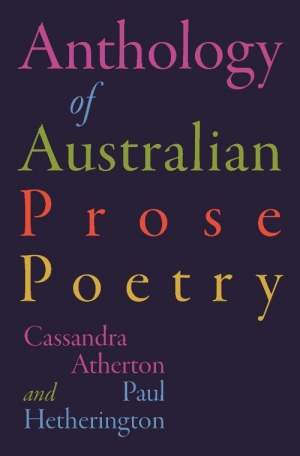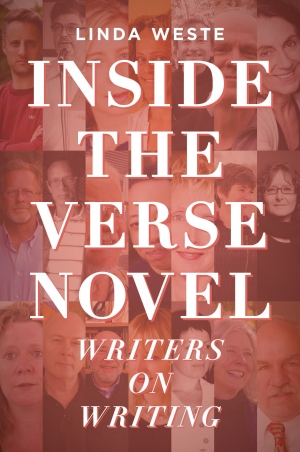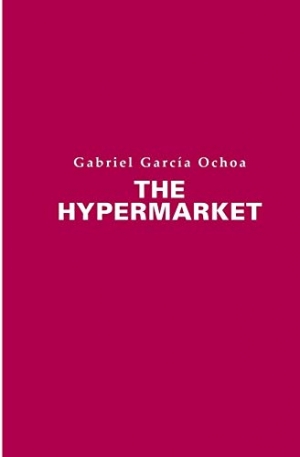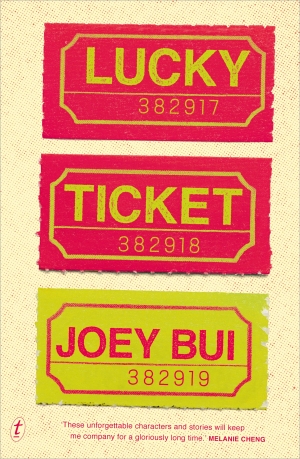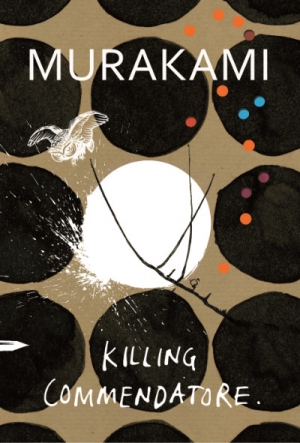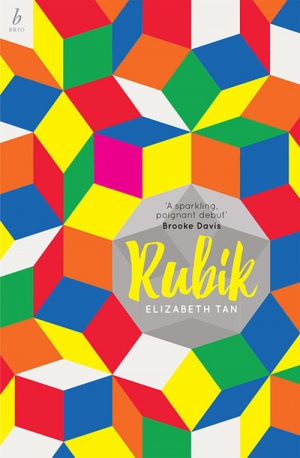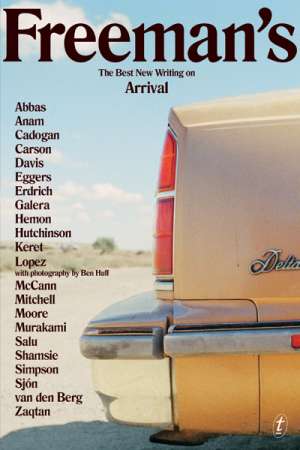Cassandra Atherton
Des Cowley reviews 'The Anthology of Australian Prose Poetry' edited by Cassandra Atherton and Paul Hetherington
What is it about English language poetry that has proved so resistant to the lure of the prose poem? The French, it appears, held no such qualms, finding themselves besotted with the form ever since Aloysius Bertrand and Charles Baudelaire began dispensing with line breaks and stanzas. Of course, the very existence of English-language works like Gertrude Stein’s Tender Buttons (1914) or William Carlos Williams’s Kora in Hell (1920) could be used to argue otherwise, but such endeavours were considered too eccentric at the time to impart a lasting legacy. Perhaps if T.S. Eliot, whose antipathy towards the prose poem is well known, had given us a major cycle along the lines of Saint-John Perse’s Anabasis (1924), a work he admired and translated, things might have turned out differently.
... (read more)Belated recognition of Australian prose poetry
Until recently, Australian prose poetry hasn’t attracted much attention – we’re not sure why. Having written prose poetry for years, we’re both fascinated by the form, which can be loosely defined as poems written in paragraphs and sentences rather than in stanzas and lines.
... (read more)Cassandra Atherton reviews 'Inside the Verse Novel: Writers on writing' by Linda Weste
In his description of the verse novel as ‘the awkward child of successful parents, destined to disappoint both of them’, Michael Symmons Roberts emphasises the form’s sometimes disjunctive use of literary techniques commonly associated with poetry and prose fiction. While the verse novel has gained popularity since the 1980s, many of its features may be traced to epic poems such The Epic of Gilgamesh and Homer’s The Iliad, and the long narrative poems of the Romantic and Victorian periods. The form was established by Alexander Pushkin’s nineteenth-century verse novel Eugene Onegin, which was divided into stanzas; however, the definition and key features of the verse novel are still hotly debated.
... (read more)Cassandra Atherton reviews 'The Hypermarket' by Gabriel García Ochoa
The Hypermarket, an enigmatic and deeply uncanny novel, explores ‘mistranslation’ against the backdrop of Nietzsche’s philosophy of Eternal Return. Gabriel García Ochoa’s début novel transforms the Houghton Library at Harvard University into a Borgesian space. As the narrator is undertaking his research, he comes across an excerpt from a letter copied into an old diary. It details the lives of people living in a supernatural Hypermarket, ‘where the linoleum floor gives way to moss and a young, tender turf’. In a highly significant moment, the narrator rips out the pages and stores them in volume six of The Arabian Nights.
... (read more)Lucky Ticket is a brave and haunting début collection of short stories by Vietnamese-Australian writer Joey Bui. In erudite stories of the displaced and dislocated, Bui’s characters are glistering survivors. Many of their voices ring out against the bleak political backdrop of Saigon, making the reader aware of the tyrannical government control and the lack of basic civil and political rights. Bui’s memorable characters are a testament to the deft way she crafts dialogue and to the interviews she undertook with a range of Vietnamese people from refugee backgrounds to better understand the intricacies of their existence.
... (read more)Cassandra Atherton reviews 'Killing Commendatore' by Haruki Murakami
There is a running joke in Japan that autumn doesn’t start each year until Haruki Murakami has lost the Nobel Prize for Literature. Most recently, in 2017, he lost to Kazuo Ishiguro, who was born in Japan but is now a British citizen. To date, two Japanese writers have been awarded the prize ...
... (read more)Invoking the Rubik’s Cube – a puzzle where twenty-six ‘cubelets’ rotate around a core crosspiece – Rubik is less a novel and more a book of interconnected short stories exploring narcissism, neoliberalism, and consumerism. At the book’s core is Elena Rubik, who dies in the first chapter with a Homestyle Country Pie in ...
... (read more)Peter Kenneally reviews 'The Fox Petition' by Jennifer Maiden, 'Breaking the Days' by Jill Jones and 'Exhumed' by Cassandra Atherton
From the cover of Jennifer Maiden's latest book (The Fox Petition, Giramondo, $24 pb, 96 pp, 9781922146946), a wood-cut fox stares the reader down. This foreign, seditious animal is the perfect emblem for Maiden's examination of the xenophobia, conformity, and general moral diminution that she sees around her. Giramondo have given Maiden the liberty of an a ...
Cassandra Atherton reviews 'Freeman's' edited by John Freeman
Arrival is the first volume in a new series of literary anthologies comprising previously unpublished fiction, non-fiction, and poetry edited by John Freeman, former editor of UK-based Granta. The book begins with a boring and self-indulgent introduction about the choice of theme: Arrival. Freeman explains that after experiencing serious turbulence ...
Jennifer Maiden's The Fox Petition: New Poems (Giramondo) conjures foxes 'whose eyes were ghosts with pity' and foxes of language that transform the world's headlines
... (read more)
